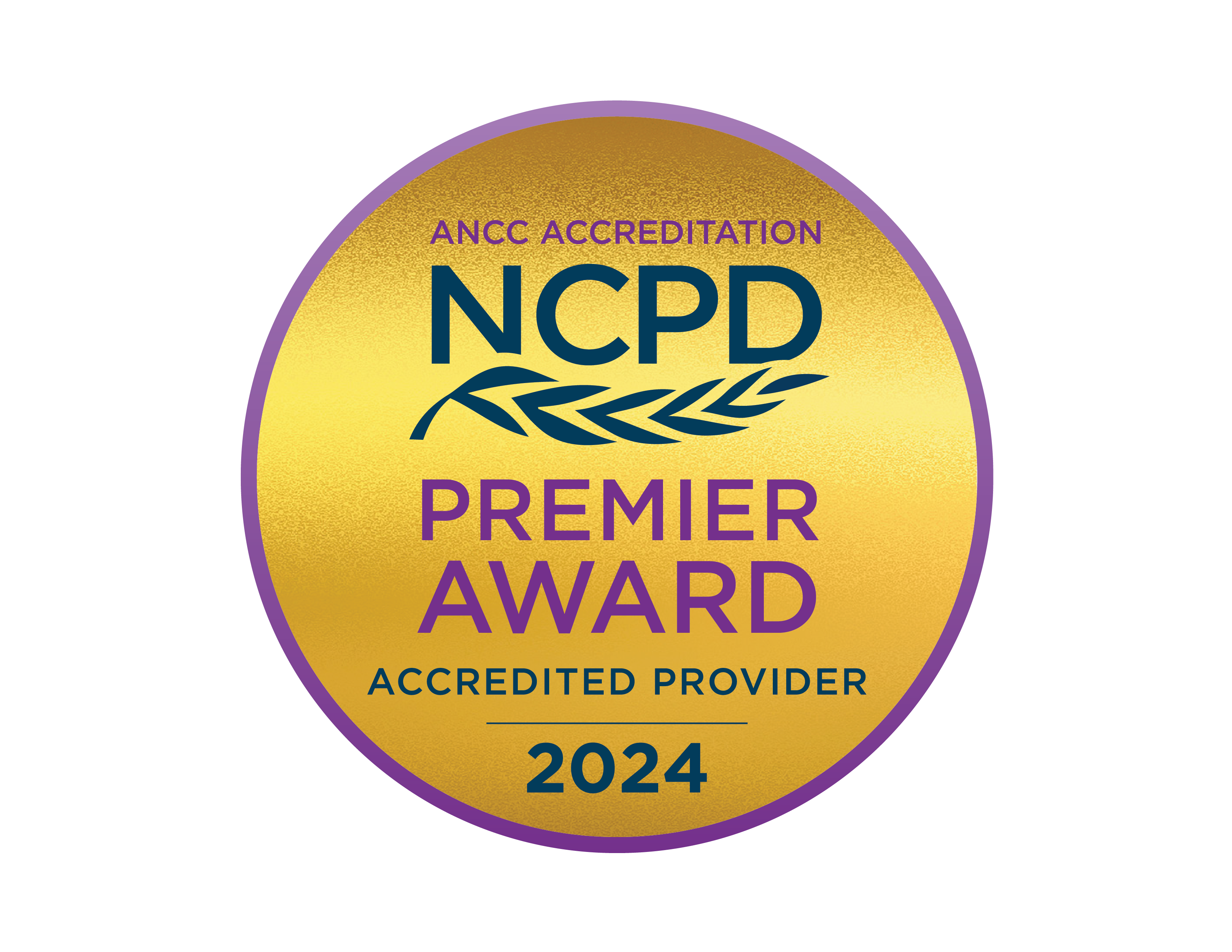Climate Change Interventions: Corporate Social Responsibility in the Post-Pandemic Work Environment
Post-pandemic recovery has created a critical opportunity for acting against climate change. Due to the commitment of creating equitable and planet-safe health, nurses are an integral part in helping emphasize collective action against climate change and incorporating interventions and initiatives on an organizational level. Addressing climate change with corporate social responsibility (CSR) efforts can encourage transformative improvements to generate hope.
Course Details
Overview
Climate change is one of the most pressing environmental/ health challenges the world is currently facing. Nursing, as the world’s most trusted healthcare profession, play a pivotal role in assisting communities with climate change prevention activities, influencing/ contributing within their own organizations, and creating initiatives. At this crucial moment of post-pandemic recovery, nurses can take many steps to address climate change- starting with understanding the basic science of a warming planet and then utilizing the nursing process as a structure to mitigate and adapt to climate change. Given the massive scope of climate change, and the overwhelming task of taking action, this article will address what collective action looks like at the organizational level and provide resources for nurses to continue to make improvements for the next generation of the nursing profession.
Key Learning Outcomes
- Describe climate change activities as corporate social responsibilities for individual nurses, nurse managers, and nurse leader.
- Describe how nurses can participate in collective actions at the organization level to address climate change.
- Identify how the timing of post-pandemic recovery opens a window of opportunity and priority for a climate change focus for the nursing profession.
Presented by:
Jessica Castner, PhD, RN-BC, FAEN, FAAN; Elizabeth Schenk, PhD, RN, FAAN; and Pamela F. Cipriano, PhD, RN, NEA-BC, FAAN
Jessica Castner is president of Castner Incorporated, in Grand Is¬land, New York; professor and director of nursing at the University at Albany School of Public Health in Albany, New York; and 2021–2022 NAM Distinguished Nurse Scholar in Residence at the Nation¬al Academy of Medicine in Washington, DC. Elizabeth Schenk is as¬sociate vice president of environmental stewardship at Providence Health headquartered in Renton, Washington, and assistant re¬search professor at Washington State University College of Nursing in Spokane. Pamela F. Cipriano is president of the International Council of Nurses and professor of nursing at the University of Vir¬ginia School of Nursing, in Charlottesville.
